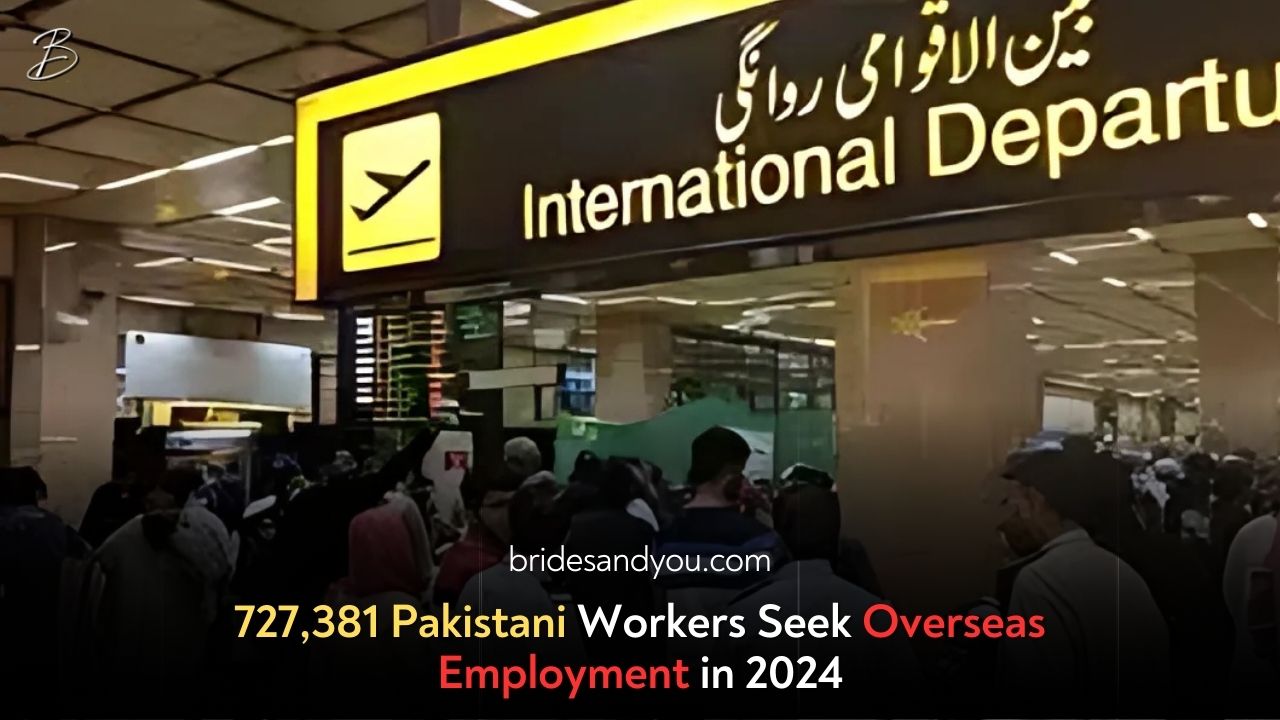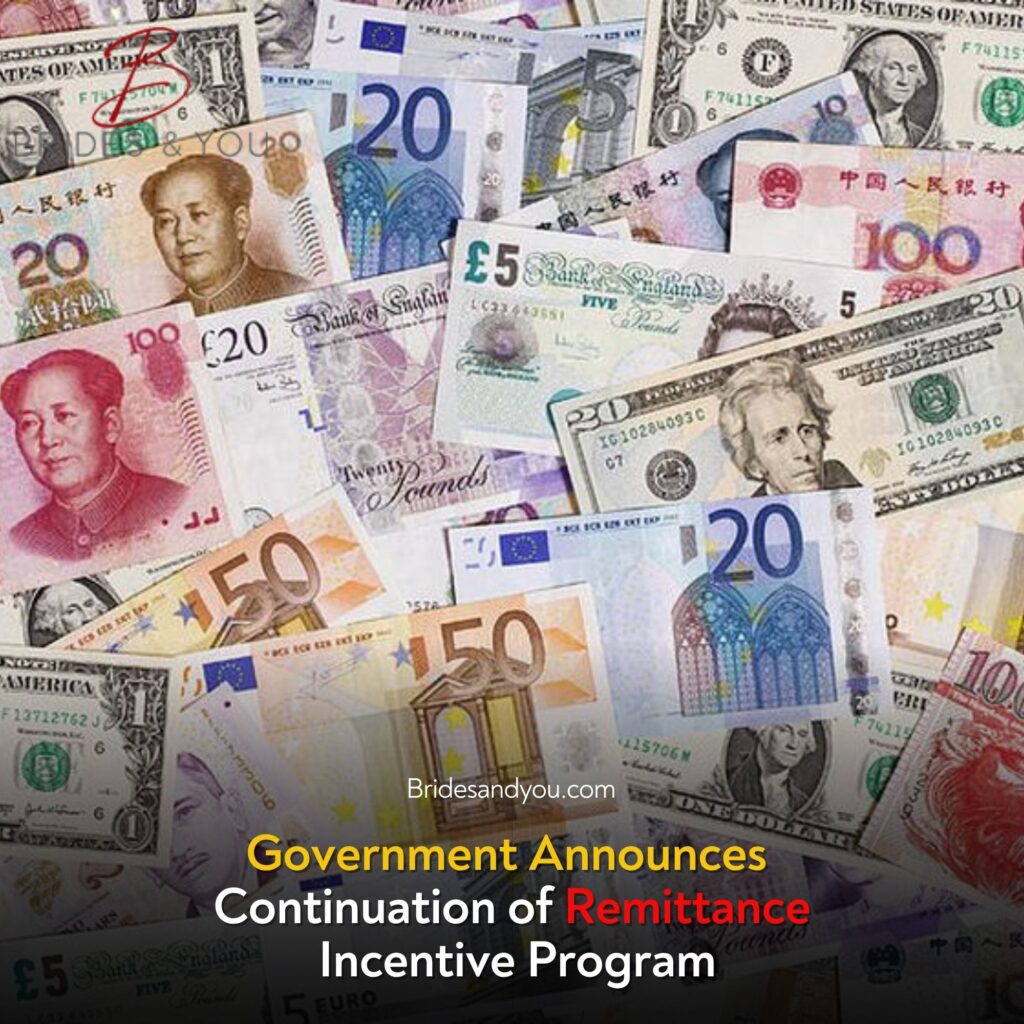Now Reading: The Impact of Overseas Employment and Remittances on Pakistan in 2024
-
01
The Impact of Overseas Employment and Remittances on Pakistan in 2024
The Impact of Overseas Employment and Remittances on Pakistan in 2024

In 2024, over 727,000 Pakistanis migrated abroad for employment, marking a significant 15% decrease compared to 2023, when 862,625 individuals left the country. While the decline raises concerns about potential impacts on Pakistan’s workforce, it also offers opportunities for skill development and knowledge transfer.
The Role of Remittances in Economic Stability
Despite the drop in migration, remittances have become a lifeline for Pakistan’s economy. The State Bank reported that overseas Pakistanis sent $34.634 billion back home in 2024—a staggering 31.36% increase from the previous year. These remittances have been instrumental in maintaining foreign exchange reserves, addressing import bills, and providing economic stability.
Economist Usama Siddiqui emphasized the significance of remittances, stating that without them, Pakistan’s economic condition could have deteriorated further. This underscores the critical role expatriates play in supporting the national economy.
The Brain Drain Debate
However, the declining migration figures also highlight the ongoing brain drain issue. In 2024, approximately 200,000 skilled and professional workers left Pakistan. While this trend has sparked concerns, many experts believe it could lead to long-term benefits.
Pakistani expatriates are gaining invaluable skills, knowledge, and exposure in developed nations. Upon their return, they can transfer these capabilities to Pakistan’s workforce, fostering innovation, entrepreneurship, and economic growth.
Sheikh Tahir Imran, a Pakistani expatriate in the US, noted that many professionals cannot realize their potential within Pakistan’s existing infrastructure. Similarly, British Pakistani Sikandar Salman argued that the country must effectively harness the talent of its professionals both locally and globally.
A Way Forward
Pakistan can draw inspiration from countries like India, where the mobility of skilled professionals has been embraced as an opportunity for growth. By encouraging expatriates to reinvest in Pakistan through education, technology, and entrepreneurship, the nation can turn brain drain into brain gain.
As remittances continue to stabilize the economy and professionals acquire global expertise, Pakistan must adopt policies that ensure mutual benefits for the country and its expatriates.













